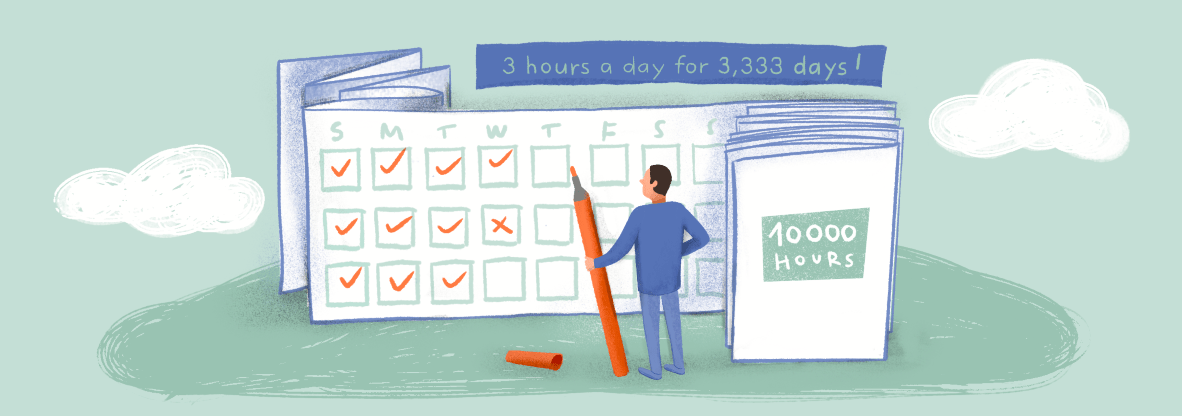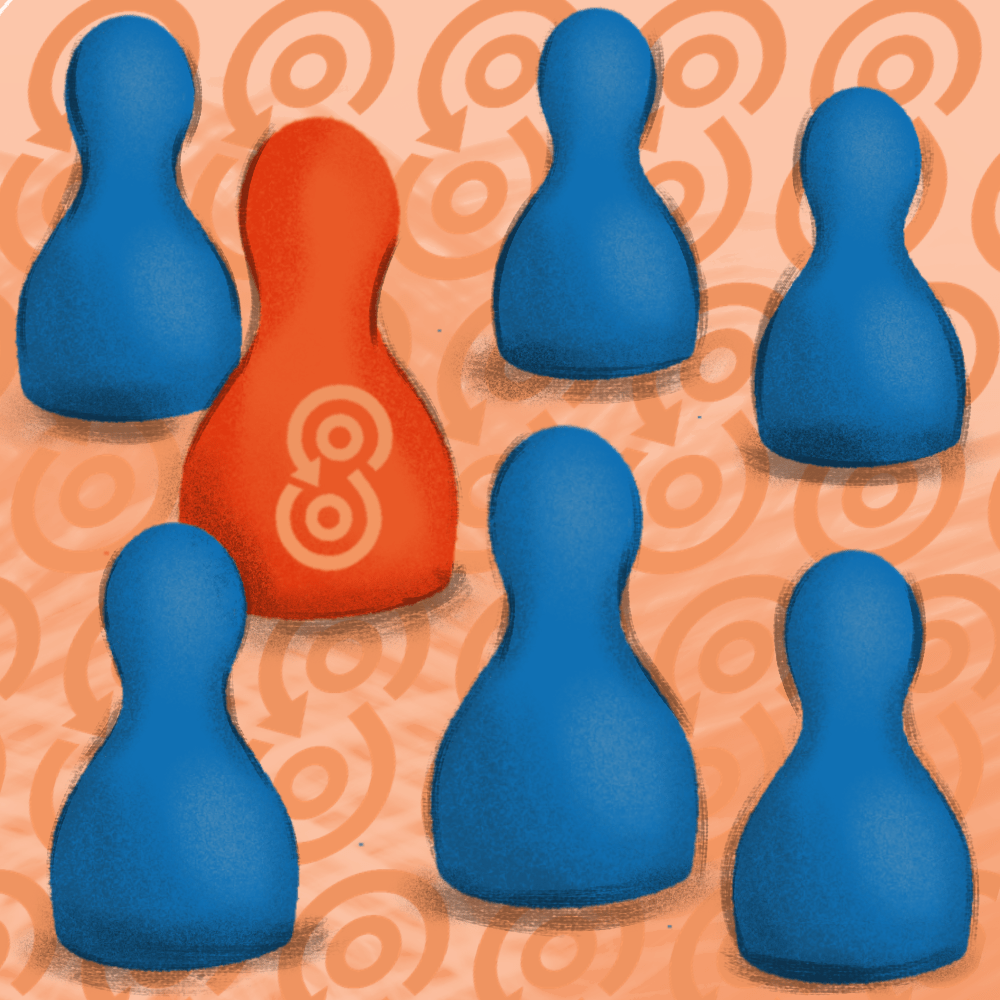Looking To Level Up Your Skills? Here’s How Being A Mentor Could Help

If there’s one thing we know all too well here at Career Navig8r, it’s that there’s a lot of value in experience.
The famous “10’000 hour rule” (as proposed by journalist Malcolm Gladwell) suggests that if you want to become a true expert at what you do, then you have to devote around 10’000 hours to it. That might sound like a lot, and for a hobby it is, but if that skill is your full time job, then you’ll be a world-class master after just six years. At least, that’s the theory.
In practice, while six years in any job is bound to give you a lot of experience, there’s more to becoming the best in the world than experience alone. In this article, we’ll be taking a look at the final step on the road to mastery that many people overlook and how following through on it could transform your life.
From Journeyman to Master
What’s the difference between a journeyman and a master? Where do you cross that line from one to the other?
In mediaeval times, a journeyman became a master by submitting their “masterpiece” to the guild. If the guild felt their work was of a high enough standard, they were then considered to be a master. Extending this definition to the modern day, we can say that you become a master when other masters recognise you as such.
This means that, to be a master in the modern day, you can’t just be average. You have to be better than average. You have to be so good that you stand out from the crowd and that people notice you.
Nobody ever stands out from the crowd by continuing to follow the tried and trusted methods. If you want to be recognised as one of the best at what you do, then you’ll need to start innovating. You’ll need to be pushing forwards, and showing that you can bring more to the role than experience alone. And there’s no better way to inspire innovation than by being a mentor.
As a mentor, it’ll be your role to take the principles and ideas you’ve spent years growing familiar with and present them to someone new. You’ll have to explain not just what you do but why you do it. You’ll have to give your mentee the tools to understand your reasoning.
In breaking down your reasoning, you’ll be forced to reevaluate those original ideas, leading you to rethink your process. In doing so, you’ll be able to take a fresh look at what works and doesn’t work, and find new, better solutions to old problems. In short, you’ll become an innovator.
Getting Fresh Perspectives

It’s also important to note that it never helps to become set in your ways. The longer you do something, the chances are you’ll find established methods that work for you. This is great but somewhere along the line it’s easy to let informed practices slide into stubborn habits.
The best way to counter this is by working with those less experienced than you and keeping an open mind to what they do. While it’s true that inexperience rarely leads to great results, it can be the perfect place to find new perspectives – ones that haven’t been influenced or biassed.
New perspectives are perhaps most informative when it comes to changes to culture and technology – especially in the age of social media when the two are intimately connected.
Culture is defined by the technology we use to interact and the spaces where those interactions take place. As such, beginners can often provide invaluable insights into how things may change going forwards. Of course, that’s not to say that those insights will always be accurate but that they are informed by experience and interaction.
All of this to say that new perspectives can hold immense value, so long as you approach them from the right mindset. But what is the right mindset?
Building A Better Mindset
The key to learning from your mentee is all about knowing how to take those interactions and let them shape your existing processes in beneficial ways. Remember that your innovations have to be improvements on your old methods, not simply changes for the sake of changes.
Finding this balance is the hardest part of mastery. In fact, it’s one of the hardest things you can do in life.
At the end of the day, the ability to maintain a healthy scepticism towards new ideas while keeping an open mind is the sign of true mastery. Once you’ve achieved that, you’ll open yourself up to whole new avenues of learning.
If you’re ready to take that final step towards mastery, then sign up to Career Navig8r today. Signing up is completely free and you’ll be able to set your own rates and choose the mentees you wish to work with.


